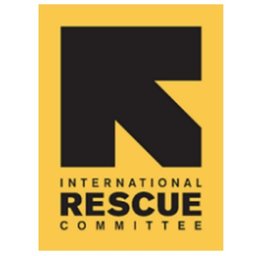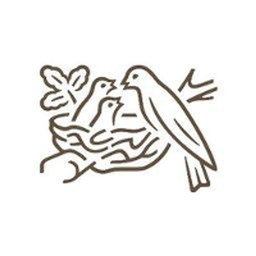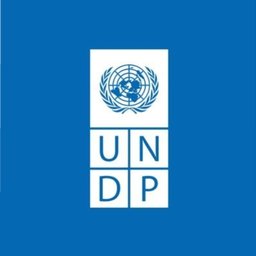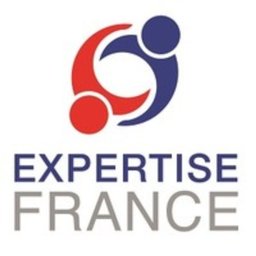Job Opportunities in Ukraine

May 23, 2024
International Rescue Committee
Одеса
OTHER
WPE Psychosocial Support Facilitator
The International Rescue Committee (IRC) responds to the world’s worst humanitarian crises, helping to restore health, safety, education, economic wellbeing, and power to people devastated by conflict and disaster. Founded in 1933 at the call of Albert Einstein, the IRC is one of the world's largest international humanitarian non-governmental organizations (INGO), at work in more than 50 countries and more than 25 U.S. cities helping people to survive, reclaim control of their future and strengthen their communities. A force for humanity, IRC employees deliver lasting impact by restoring safety, dignity and hope to millions. If you're a solutions-driven, passionate change-maker, come join us in positively impacting the lives of millions of people world-wide for a better future.
Duty station: Odesa
Key working relationships:
Position Reports to: WPE Manager, Ukraine
Position directly supervises: N/A
Internal collaborations within IRC: Women’s Protection and Empowerment team; Protection team; Economic Recovery and Development team; Health team.
External collaborations to IRC: WPE actors, organizations and agencies
Under the supervision of the Team Leader, the PSS Facilitator will implement interventions to respond to the psychosocial needs of vulnerable women and girls, as well as facilitate community-based activities and outreach to prevent, mitigate and respond to psychosocial needs to ensure the safety and well-being of the affected population. The PSS facilitator has the knowledge and practical skills to conduct targeted psychosocial support activities for women at high risk of vulnerability. Targeted PSS activities will be implemented in accordance with individual organizational and interagency guidelines. Practical knowledge and skills of working with survivors of gender-based violence is a mandatory component.
The purpose of this position is to increase the resilience of women and girls from the most vulnerable groups through psychosocial support measures.
The Facilitator implements activities in such a way that they have a significant positive impact on women and girls.
Tasks and main responsibilities:
- Provides continuous psychosocial support through regular group and individual support sessions to beneficiaries. Establishes relationships built on trust and adherence to confidentiality protocols;
- Supports capacity building trainings on psychosocial support and other safety measures for community volunteers;
- Coordinates with the Community Mobilizer to ensure quality and timely distribution of NFI to beneficiaries;
- Collaborates with protection programs on referrals to meet the diverse needs of the affected population;
- Strengthens existing community-based MHPSS and self-help groups where they exist and helps develop them where they do not, and helps develop them where they do not yet exist.
Professional requirements
- University degree in a relevant field (e.g. psychology, social work, etc.);
- Minimum 3 years of relevant work experience in psychology, social work, counseling, etc.
- Minimum 1 year of relevant experience working with INGOs, NGOs and/or local authorities.
- Experience working with survivors of gender-based violence.
- Basic level of computer literacy
- Excellent interpersonal and communication skills;
- Ability to work both independently and in a team;
- Knowledge of Ukrainian and Russian languages, English will be an advantage.
Standard of Professional Conduct:The IRC and the IRC workers must adhere to the values and principles outlined in the IRC Way – our Code of Conduct. These are Integrity, Service, Accountability, and Equality.
Commitment to Gender, Equality, Diversity, and Inclusion: The IRC is committed to creating a diverse, inclusive, respectful, and safe work environment where all persons are treated fairly, with dignity and respect. The IRC expressly prohibits and will not tolerate discrimination, harassment, retaliation, or bullying of the IRC persons in any work setting. We aim to increase the representation of women, people that are from country and communities we serve, and people who identify as races and ethnicities that are under-represented in global power structures.
We regret to inform you that this job opportunity is no longer available
Latest Job Opportunities

September 15, 2024
Nestle Operational Services Worldwide SA
Fixed Assets Accounting Specialist
Львів
OTHER
View Details
September 15, 2024
Nestle Operational Services Worldwide SA
NHS Medical Delegate
Київ
OTHER
View Details
September 14, 2024
Nestle Operational Services Worldwide SA
Junior Search Specialist
Львів
OTHER
View Details
September 14, 2024
Nestle Operational Services Worldwide SA
Junior Tax Support Specialist
Львів
OTHER
View Details
September 13, 2024
Nestle Operational Services Worldwide SA
Packaging Data Specialist MDM
Львів
OTHER
View DetailsSimilar Jobs

July 29, 2024
United Nations Development Programme (UNDP)
Health Support Coordinator, NOC, FTA, DS-Dnipro, Nationals only (Position extended)
Дніпро
OTHER
View Details

New Jobs from This Company

September 13, 2024
International Rescue Committee
Senior Program Quality Coordinator
Київ
OTHER
View Details
September 12, 2024
International Rescue Committee
Economic Recovery & Development Monitoring Evaluation Accountability and Learning Officer
Одеса
OTHER
View Details
September 12, 2024
International Rescue Committee
Protection Rule of Law Community Mobilizer
OTHER
View Details
September 6, 2024
International Rescue Committee
Protection and Rule of Law Caseworker
OTHER
View Details
September 5, 2024
International Rescue Committee
Humanitarian Access Safety and Security Assistant
OTHER
View Details